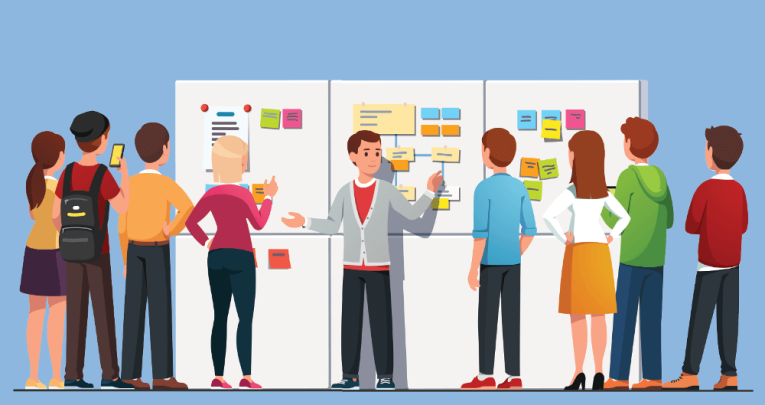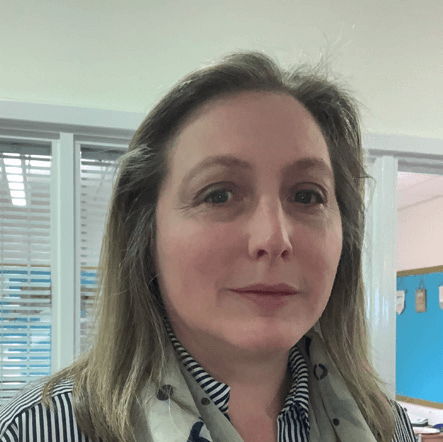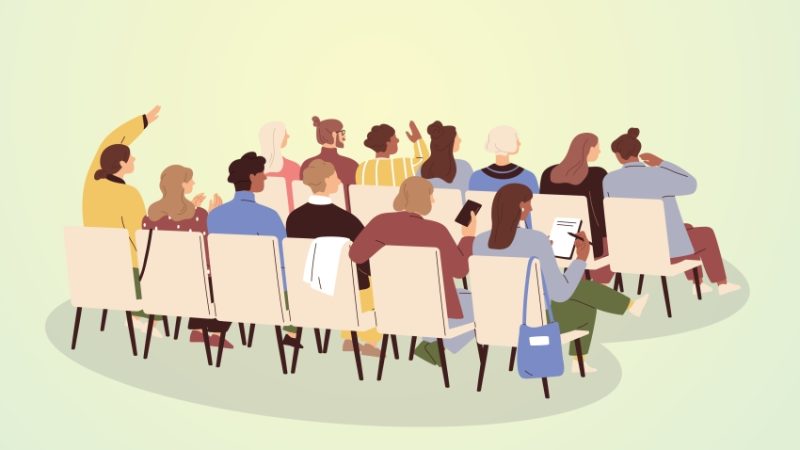Careers advice for students – How Covid-19 forced secondary schools to adapt

Paula Deighton talks us through the careers provision in place at The Stanway School, and how her team responded when COVID-19 made key aspects of that provision all but impossible…

Today’s learners need to be taught soft skills, how to behave in an interview, what their experience of the real world is actually going to be like and the behaviours expected of them.
It was with this in mind that I first organised a day-long careers programme for the Y10 students at The Stanway School, which would involve them engaging with adult employees so they could get a better sense of the world of work.
The students spend the day in non-uniform, learning interview skills, finessing their CVs and writing application letters.
The students then spend two hours conversing with 30 to 40 actual business people at different stations, rotating around them and asking questions about the work these individuals do and how they got to where they are.
This helps to lay foundations for a separate event later in the summer term, once they’ve started considering their post-16 options.
This is our taster day, where representatives from local education and training providers will perform taster sessions that students can opt into based on their interests – perhaps a psychology lesson, or even a session on lambing from a provider of agricultural courses, such as Writtle University College.
That’s then followed by a careers event that we hold around late September and early October.
This is open to the six other schools within the Sigma Trust that we’re part of (as well as special schools in the local area, whose pupil populations and limited resources prevent them from organising similar events), with the students from each school getting to spend an hour there.
Tracing the route
There were 95 stands present at our last event – five up on the year before.
Our aim is to give Y11 students opportunities for engagement activities with both post-16 providers and employers, as is required by the Gatsby benchmarks, but crucially, we look to clearly highlight the routes into different careers. For instance, we had a local restaurant exhibit with us.
The students were able ask the restaurant’s representatives various questions relating to the hospitality and catering trades, and the exhibitor could respond by pointing the students towards local education providers at the event offering courses which could give them a solid foundation in the skills they’d need before potentially joining the company.
What we present to students is less, ‘This is what you’re going to do’ and more ‘Here’s a potential career – what’s your route into it?’ The Sigma Careers Convention has been a place where students can learn how to progress, discover what they’re able to and decide on the direction they want to go in.
Plan B
Of course, we then got to March last year and began considering our options in response to the pandemic shutdown.
We’d already started planning that year’s event, inviting exhibitors and provisionally booking stands; we now had to pivot to asking exhibitors what they could provide us with in the event of us having to host the event virtually.
Our wonderful careers advisor partnered with another advisor at a different school and assembled a huge spreadsheet of information and contacts that we were then able turn into a virtual careers event.
With support from some senior IT staff, they built a website, complete with a video explanation for students on how to use it, and structured the event information into different careers areas, such as construction, health and beauty, engineering, hospitality.
These in turn linked to a number of businesses, associations and other organisations, as well as video clips of individuals talking about their experiences in different professions.
We consulted with The Careers & Enterprise Company on the nationwide links and information we could include, but at the same time, our view has always been that a project like this has to be bespoke for your locality.
There are certainly many international roles and jobs out there, but often the reality is that the majority of students won’t want to move away, and will want to know about the opportunities available to them in their local area.
In-person versus online
The response to our virtual event was very positive. We did admittedly receive some comments along the lines of ‘…but you haven’t got my career on there’, but in most cases we actually did – students often wouldn’t have followed the relevant route, or have searched for it in the right way.
That does, however, highlight the difference between walking round a room containing 90 stands, full of people looking to entice you with what they’re offering, and holding an exhibition online.
With the latter, people will tend to gravitate towards those things they already know, or think they want to do. In a large, physical space, they might see something ‘blingy’, meet an engaging person who shows an interest in what they want to do and consequently stumble upon something entirely new to them.
We also obviously haven’t been able to arrange any one-to-one meetings, or organise our usual in-person careers day – at present, we’re looking at what we can put in place after 21 June.
One idea we’re looking at is holding a virtual mock interview day, where the students will take part in on-site video calls with those mentors who would previously have come into school for face-to-face meetings.
Our staff and students are quite comfortable now with virtual exchanges, but it’s my belief that students really benefit from having that physical face-to-face experience.
It will have to wait for now – and they won’t be able to shake hands, at first – but face-to meetings can underline for students the need to be conscious of their body language and take notice of things like their tendency to fidget.
The advice a real interviewer can give students following a face-to-face interaction is extremely valuable, and the students gain a great deal from discovering what interviews actually feel like.
Longer term, our plan at the moment is to hold two smaller events for the trust’s schools later in the year.
These will be combined live and virtual events that we hope to keep open into the evening, so that parents can attend, as well as students from Y8 to Y10.
It’s paramount that we’re able to help children with their careers progression. If students know where they’re heading, it can inspire their learning – and not just in the sense of knowing how many GCSEs they need to pass.
It’s about encouraging students to think more deeply about what they might end up doing for the next 50 years, while also keeping their minds open to the fact that they may well have four or five different careers over the course of their lives, all offering different opportunities and rates of progression.
Paula Deighton is careers lead at The Stanway School in Essex; for more information, visit stanway.essex.sch.uk.












